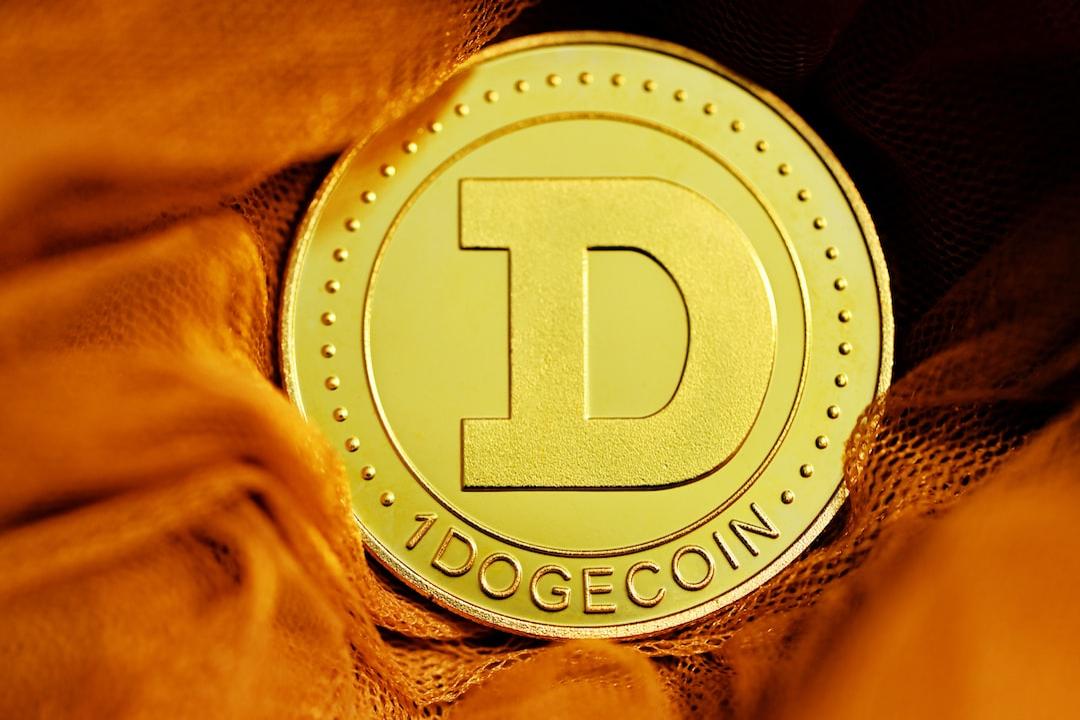
Why Your Business Should Embrace Web 30 for Freedom from Web 20
**HodlX Guest Post**
**Submit Your Post**
Web 3.0, the latest evolution of the internet, has emerged as a game-changer with its promise of decentralization and enhanced user autonomy. For years, the internet has operated under a hierarchical model where centralized service providers dominated the landscape, relegating users to the lowest tier.
While this structure had its merits—providers absorbed the risks associated with developing and maintaining technology, allowing users to enjoy services often at no cost—it also led to significant drawbacks. Web 2.0, a considerable advancement over the earlier “read-only” internet, transformed the digital realm by facilitating user interaction and content sharing. Platforms like Facebook, YouTube, and Instagram emerged, enabling users to connect and exchange photos and videos with their networks. Moreover, this phase played a crucial role in the rise of cloud computing, which allowed businesses to utilize on-demand services through a cost-effective, pay-as-you-go model.
However, as Web 2.0 flourished, a troubling trend emerged: the internet became increasingly centralized, concentrating digital power in the hands of a few major corporations. Content censorship surged, cybersecurity incidents escalated, and user data was commodified, with companies selling personal information to advertisers for profit. Tech giants often acted as arbiters of information, having the authority to banish non-compliant websites from their platforms or manipulate search results.
**Introducing Web 3.0**
Web 3.0 signifies a transformative shift toward an internet characterized by decentralization, privacy, security, and individualized experiences. By leveraging technologies like blockchain and cryptocurrency, this new paradigm establishes a network controlled not by a select few but rather “by the people, for the people.”
Born from a desire to reclaim the internet’s freedom, decentralized service providers empower users with greater flexibility in their business decisions, fostering a level playing field for all stakeholders involved. Whether you are an entrepreneur, a creator, a developer aiming to build scalable products, or just an everyday internet user, here are three compelling reasons to consider transitioning to Web 3.0.
**Increased User Control**
One of the standout benefits of Web 3.0 is the restoration of user rights concerning their data. On Web 2.0 platforms, while content sharing is encouraged, users relinquish ownership of the data they post. The adage “If you’re not paying for the product, you are the product” rings true, as many social media platforms incentivize users to divulge personal details in exchange for free access. This information, along with behavioral data such as shopping habits and website interactions, is tracked, recorded, and sold to advertisers for targeted marketing.
In contrast, Web 3.0 platforms ensure that users retain ownership of their data. They can choose how much information to share with advertisers and even profit from monetization efforts. The blockchain’s inherent features allow users to establish decentralized identities independent of centralized authorities, enhancing both flexibility and control. Additionally, data and transactions are securely documented on the blockchain, while developers can utilize technologies like IPFS (InterPlanetary File System) to distribute data across a network of nodes, each retaining only a fragment. This decentralized approach mitigates single points of failure, making it significantly harder for malicious entities to undermine the system’s integrity.
Moreover, the decentralized framework of Web 3.0 diminishes the power of traditional Web 2.0 providers, effectively addressing issues such as vendor lock-in and censorship.
**A Rewarding Ecosystem**
Web 3.0 champions a model where all participants benefit rather than a select few centralized entities. Tokenizing digital content through Web 3.0 technologies presents a powerful method to decentralize the creative sector, allowing creators to earn directly from their work while eliminating intermediaries.
In a broader context, decentralized physical infrastructure networks (DePIN) build on the Web 3.0 philosophy, incentivizing participants with digital tokens or cryptocurrency to develop real-world infrastructure. This can include decentralized computing markets, wireless networks, and storage solutions. DePIN projects span various sectors, including IoT and artificial intelligence, and are gaining traction. They offer a mutually beneficial scenario where contributors to the ecosystem are rewarded for enhancing the network’s physical infrastructure, addressing critical challenges in contemporary technology.
**Enhanced Security and Payment Solutions**
Web 3.0 also introduces a robust security framework anchored in the integrity of blockchain technology—a distributed system featuring multiple fail-safes. This offers business owners a dual advantage: the decentralized nature of Web 3.0 applications makes them resilient to failures. Thanks to redundancy protocols, if one node fails, others step in to keep the application operational.
Additionally, Web 3.0 providers offer hosting solutions at more accessible price points, delivering cost-effective options for cloud applications without compromising speed, performance, or scalability. By integrating blockchain and cryptocurrency, Web 3.0 creates a decentralized, trustless environment for financial transactions. Users can execute financial operations from their smartphones in the comfort of their homes without needing to visit a bank.
Innovation in finance is not new, but decentralized finance on Web 3.0 builds upon existing advancements to create novel opportunities.
**In Conclusion**
Web 3.0 offers a viable resolution to many of the challenges plaguing the tech sector today. Businesses can enhance profitability and performance while maintaining complete control over their privacy. It’s time to break free from the centralized constraints of big tech and embrace the autonomy that Web 3.0 provides.
Daniel Keller is the CEO of InFlux Technologies, bringing over 25 years of IT expertise across technology, healthcare, and nonprofit sectors. He adeptly manages infrastructure, bridges operational gaps, and leads technological initiatives.
**Check Latest Headlines on HodlX**
**Follow Us on Twitter**
**Facebook**
**Telegram**
**Check out the Latest Industry Announcements**

**Disclaimer:** The views expressed in The Daily Hodl are not investment advice. Investors should conduct their due diligence before making any high-risk investments in Bitcoin, cryptocurrency, or digital assets. Please be aware that your transactions and trades are undertaken at your own risk, and any losses incurred are your responsibility. The Daily Hodl does not endorse buying or selling any cryptocurrencies or digital assets, nor does it serve as an investment advisor. Please note that The Daily Hodl participates in affiliate marketing.














